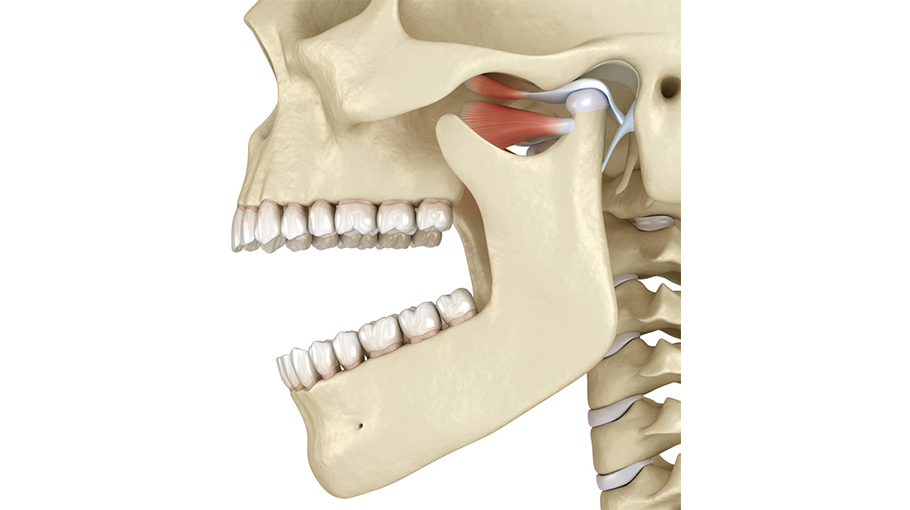Treatment for TMJ disorders (part 4)

In some cases, the symptoms of TMJ disorders may go away without treatment. If your symptoms persist, your doctor may recommend a variety of treatment options, often more than one to be done at the same time.
Medications:
Along with other nonsurgical treatments, these medication options may help relieve the pain associated with TMJ disorders:
• Pain relievers and anti-inflammatories: If over-the-counter pain medications aren't enough to relieve TMJ pain, your doctor or dentist may prescribe stronger pain relievers for a limited time, such as prescription strength ibuprofen.
• Tricyclic antidepressants: These medications, such as amitriptyline, are used mostly for depression, but in low doses, they're sometimes used for pain relief, bruxism control and sleeplessness.
• Muscle relaxants: These types of drugs are sometimes used for a few days or weeks to help relieve pain caused by TMJ disorders created by muscle spasms.
Courtesy: Mayo Clinic




